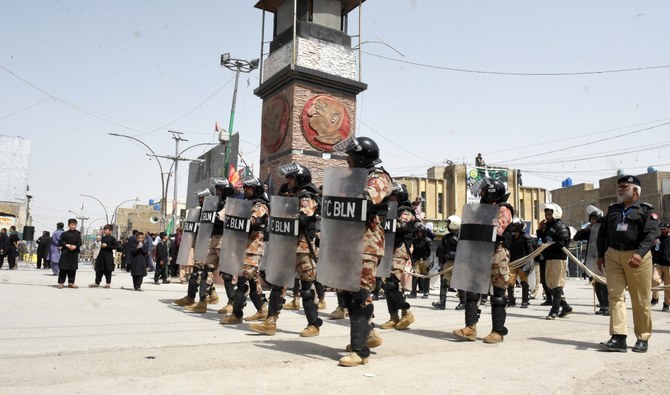ISLAMABAD: A proscribed militant network, Tehreek-e-Taliban Pakistan (TTP), on Friday responded to recent security alerts issued by state agencies about its plans to launch attacks during Muharram, the first month of the Islamic calendar, saying that targeting public places was neither permissible nor aligned with its objectives.
The TTP, also known as the Pakistani Taliban, claimed responsibility for some of the deadliest attacks in Pakistan since its formation in 2007, including the massacre of 134 children in a school attack.
Pakistan has accused the interim Taliban administration in Kabul of providing sanctuary to TTP leaders and facilitating their attacks. Although the two groups are not directly affiliated, the Pakistani Taliban owe allegiance to their Afghan counterparts.
Pakistan has historically experienced sectarian violence during Muharram, a significant month for Shia Muslims who observe mourning rituals to commemorate the martyrdom of the Prophet Muhammad’s (PBUH) grandson in the Battle of Karbala.
“We consider it necessary to clarify that not only during Muharram but at any time, we do not consider it permissible to attack public places nor is it among our goals,” TTP Spokesperson Mohammad Khorasani said in a statement on Friday.
“Such fake threats and statements attributed to us have nothing to do with us,” he added, referring to the security alerts circulated by Pakistani law enforcement agencies.
Khorasani blamed the state for spreading fear among people by saying the TTP wanted to launch attack in Muharram.
“Our objectives are clear and pre-announced, which do not include targeting any group, sect or individual based on religious and intellectual differences,” he added.
Since 2007, Pakistan has conducted multiple military operations against the TTP, yet the militant network continues its attacks, primarily targeting the two western provinces bordering Afghanistan.
These attacks have surged since November 2022, following the collapse of a fragile truce brokered by the Afghan Taliban between Islamabad and the TTP.

















